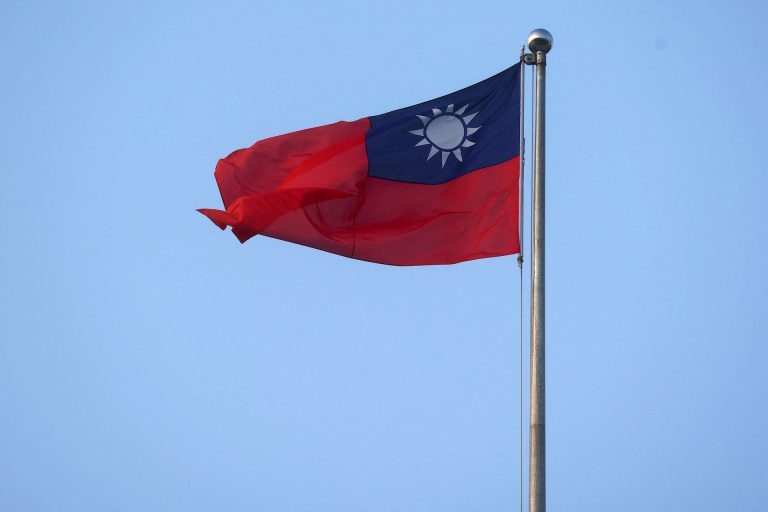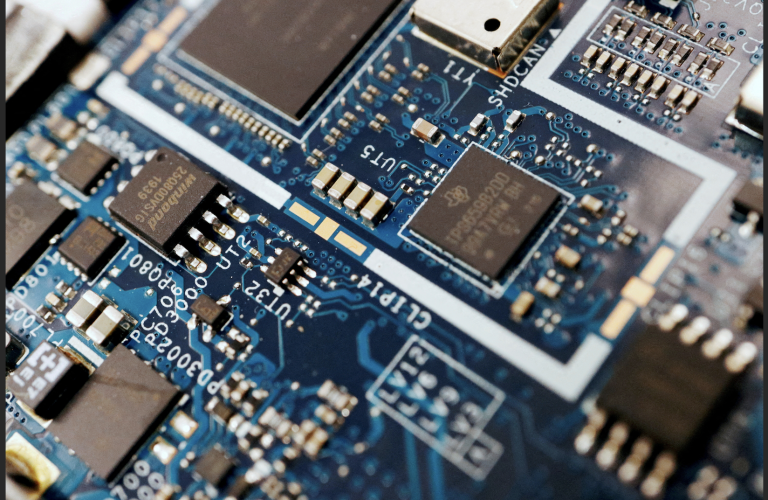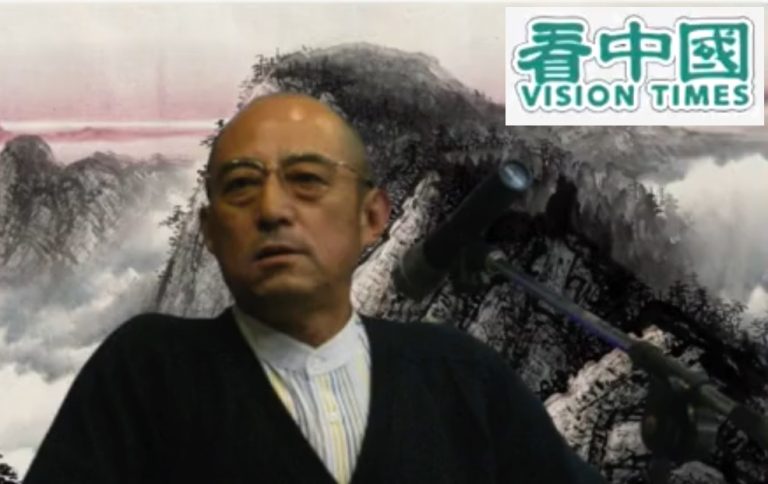TAIPEI, Taiwan — This Saturday, Jan. 13, will see the people of Taiwan cast their votes in a close contest that is expected to be a significant watershed moment for the democratic island’s future, as well as that of the greater East Asian region and U.S.-China relations.
In the weeks and days leading up to the elections, candidates, staff, and supporters from Taiwan’s three major parties have been a common sight as they campaign throughout the island’s cities and communities.
Home to 23 million people, Taiwan was praised as the freest country in Asia in 2023, according to the Human Rights Index. But its successful democracy stands in the shadow of the Chinese Communist Party (CCP), which rejects Taiwan’s autonomy as illegitimate and demands “reunification” with the mainland by military force if necessary.
As with previous elections, the approach to relations with Communist China — which claims Taiwan as its own territory — looms large for the candidates and electorate. However, issues such as economic policy and social welfare have also taken prominence, with Taiwan facing growing inflation, tightening markets for jobs and housing, and a steeply falling birthrate.
Taiwan’s sitting president, Tsai Ing-wen of the Democratic Progressive Party (DPP), is leaving office in May after serving two 4-year terms, the maximum she is constitutionally allowed.
Success
You are now signed up for our newsletter
Success
Check your email to complete sign up
The main candidates vying to replace Tsai are current vice president Lai Ching-te, who will continue Tsai’s distancing from Beijing in favor of engaging international allies, and Hou Yu-ih of the opposition Kuomintang — which advocates closer economic and cultural ties with mainland China.
Adding to the traditional DPP-Kuomintang split is a smaller but growing third force, the youth-oriented Taiwan People’s Party (TPP), which presents itself as a middle way to the “green” (DPP) and “blue” (Kuomintang) blocs.
In addition, most of the 113 seats in Taiwan’s parliament, the Legislative Yuan, are up for contest.
Approaches to the communist threat
No matter who wins the elections, Taiwan’s new administration will have to deal with the existential challenges from Beijing.
The DPP’s Lai is currently leading in the polls, which were last taken on Jan. 3. Taiwan’s laws prohibit political polling in the 10 days up to and on the day of elections.
Lai’s party advocates a separate national identity and eventually formal independence for Taiwan, which is officially governed as the Republic of China (ROC).
Led by the Kuomintang, the ROC once ran all of China, but retreated to Taiwan and the surrounding islands following its military defeat by the Chinese communists in 1949.
While the CCP has allowed cross-strait business and travel since the 1980s, it does not recognize the ROC — seeing its People’s Republic of China (PRC) as the only legitimate “China” — and vehemently condemns the DPP administration as separatists.
In 2020, President Tsai said that there was no need to declare independence because “we are already an independent country, the Republic of China (Taiwan).”
Lai Ching-te, a doctor by training who calls himself a “pragmatic worker” for Taiwanese independence, has echoed Tsai’s line, while advocating a “steady and principled cross-strait leadership” that strives for negotiations with Beijing on an equal basis.
To secure Taiwan’s defense against a possible PRC invasion, Lai hopes to strengthen military preparedness and carry out civil defense programs, as detailed in an op-ed he published in the Wall Street Journal last July. This includes the procurement of large amounts of cheap and mobile weapons to build up an “asymmetric force” against the much-larger mainland Chinese forces.
Dark horse candidate
The Kuomintang, which since the beginning of the century developed a reputation for favoring mainland ties at the expense of Taiwan’s economic and national security, may be shifting its stance if its candidate, Hou Yu-ih, becomes president.
Unlike many leading figures in his party, whose families came from the Chinese mainland with the ROC government in 1949, Hou’s ancestors lived in Taiwan and he is more fluent in the Taiwanese dialect of Chinese than in Mandarin, the standard language.
Hou, who is popular in his role as mayor of New Taipei City, quietly dropped the Kuomintang’s commitment to eventual unification with mainland China, saying that the fate of Taiwan should be decided by its citizens alone.
According to the final polls, Hou trails Lai by between 3 and 10 points. However, some pro-blue surveys claim that Hou is leading.
Though Hou continues his party’s hope for business with the PRC and has run on a narrative of preventing war, Hou believes that Taiwan must build up its military capabilities and strengthen military cooperation with the U.S., Japan, and other allies to deter Beijing.
The Council on Foreign Relations, in a report published in late December, noted that Hou’s defense proposal and international approach “meaningfully differs” from that of the previous Kuomintang administration, which saw military preparations and alliances as a dangerous move that could provoke the CCP.
“The big question, though, is how Hou would respond if China were to condition cross-strait dialogue on Hou agreeing not to pursue enhanced security cooperation with the United States and to limit defense expenditures,” the report reads.













